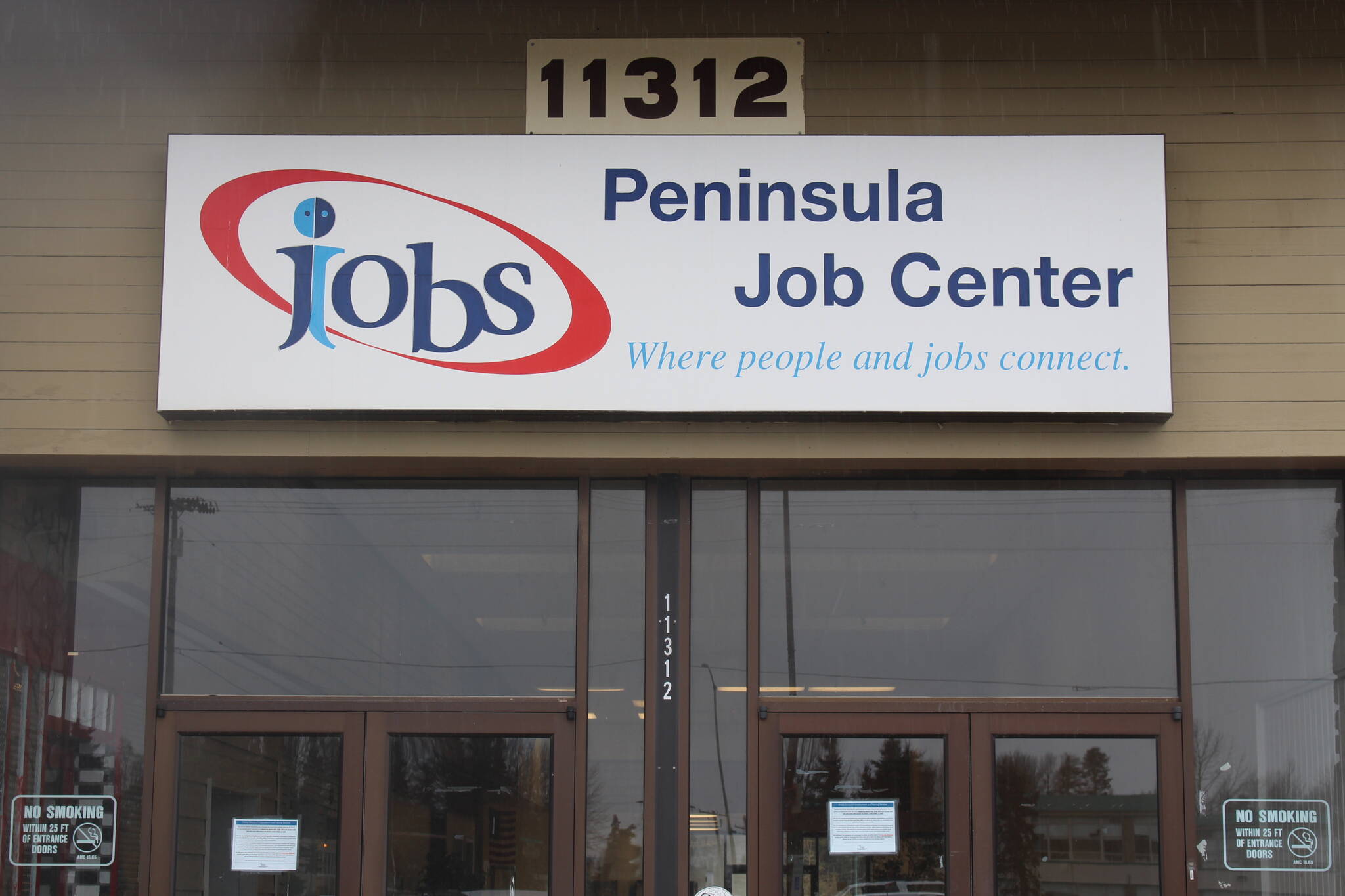Alaska’s minimum wage was raised on Monday to $11.73 per hour, up from $10.85.
The change is the result of a 2014 ballot initiative — the Alaska Wage and Hour Act — that established Alaska Statute raising the State’s minimum wage from $7.75 by a dollar each in 2015 and 2016 and then requiring annual adjustments for inflation.
This year’s increase, of $0.88, is the largest adjustment since the minimum wage began to be adjusted for inflation. Alaska Statute says that those adjustments will be calculated each year on Sept. 30, using the Consumer Price Index for urban consumers in the Anchorage metropolitan area.
A November press release from the Department of Labor and Workforce Development says that the “CPI-U” increased 8.1% in 2022, prompting the change that went into effect on Monday.
Since the move to adjusting for inflation each year, the state’s minimum wage has increased an average of around $0.25 annually, with three years — 2017, 2018 and 2019 — increasing only an additional 4 to 5 cents per hour and 2022 seeing no increase at all. The previous largest increase was $0.51 at the start of 2023.
Information from the department’s Research and Analysis division, provided by Research Chief Dan Robinson, indicates that few occupations in the state are likely to see their wages impacted by the changing minimum wage. Statewide wage data shows that, in 2022, workers making close to minimum wage were most commonly employed in maintenance, construction, office support or food service jobs, like waiters and dishwashers. Robinson wrote that the wage data compiled by the state isn’t precise because of the way employers report that information to the state — wages are reported, but not the hours worked.
Wages have also been “bid up” by the labor shortage, he said, making for fewer people making wages low enough to be affected by the increase.
The federal minimum wage, which is $7.25, has not increased since 2009. Alaska Statute requires that the state minimum wage remains at least $1 greater than the minimum wage.
All hours worked by an employee during a pay period are subject to Alaska’s minimum wage guidelines. More information about Alaska’s minimum wage can be found on the Alaska Department of Labor and Workforce Development website at labor.alaska.gov.
Reach reporter Jake Dye at jacob.dye@peninsulaclarion.com.

